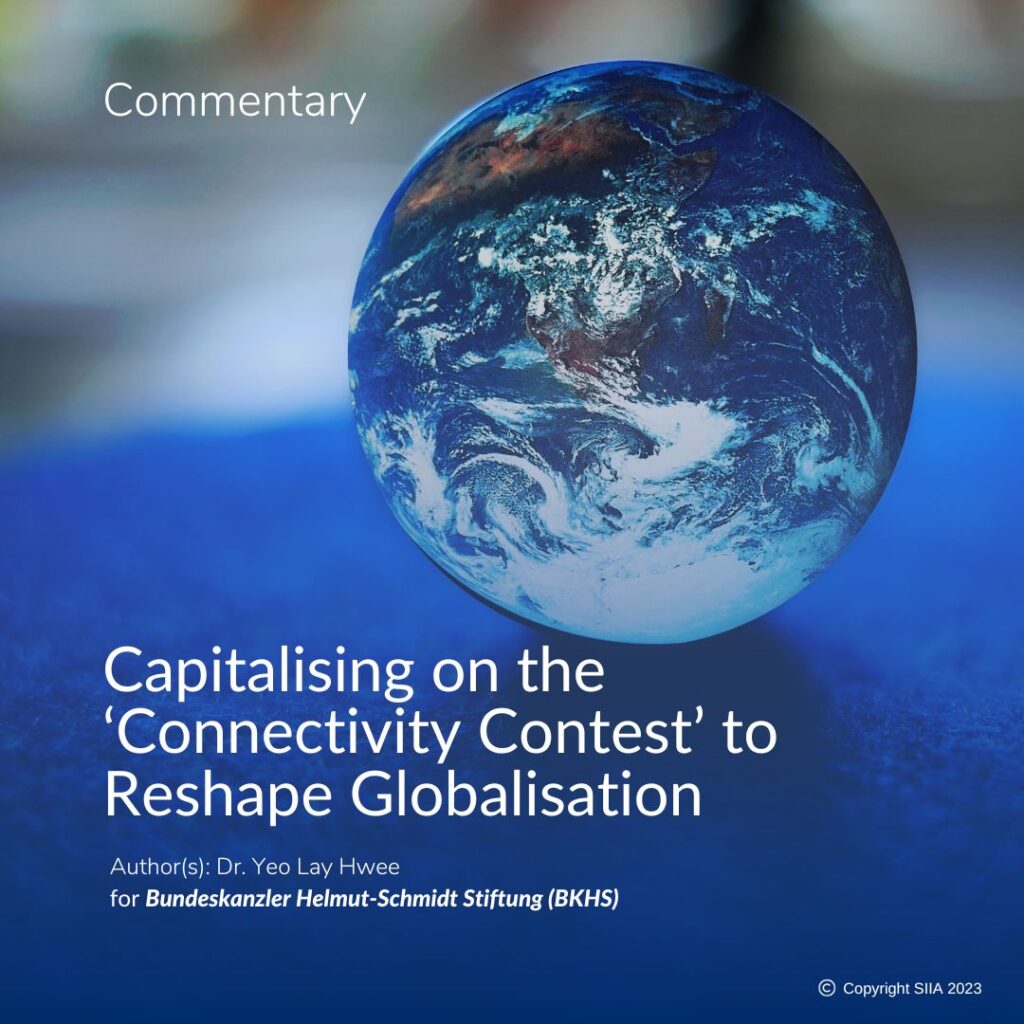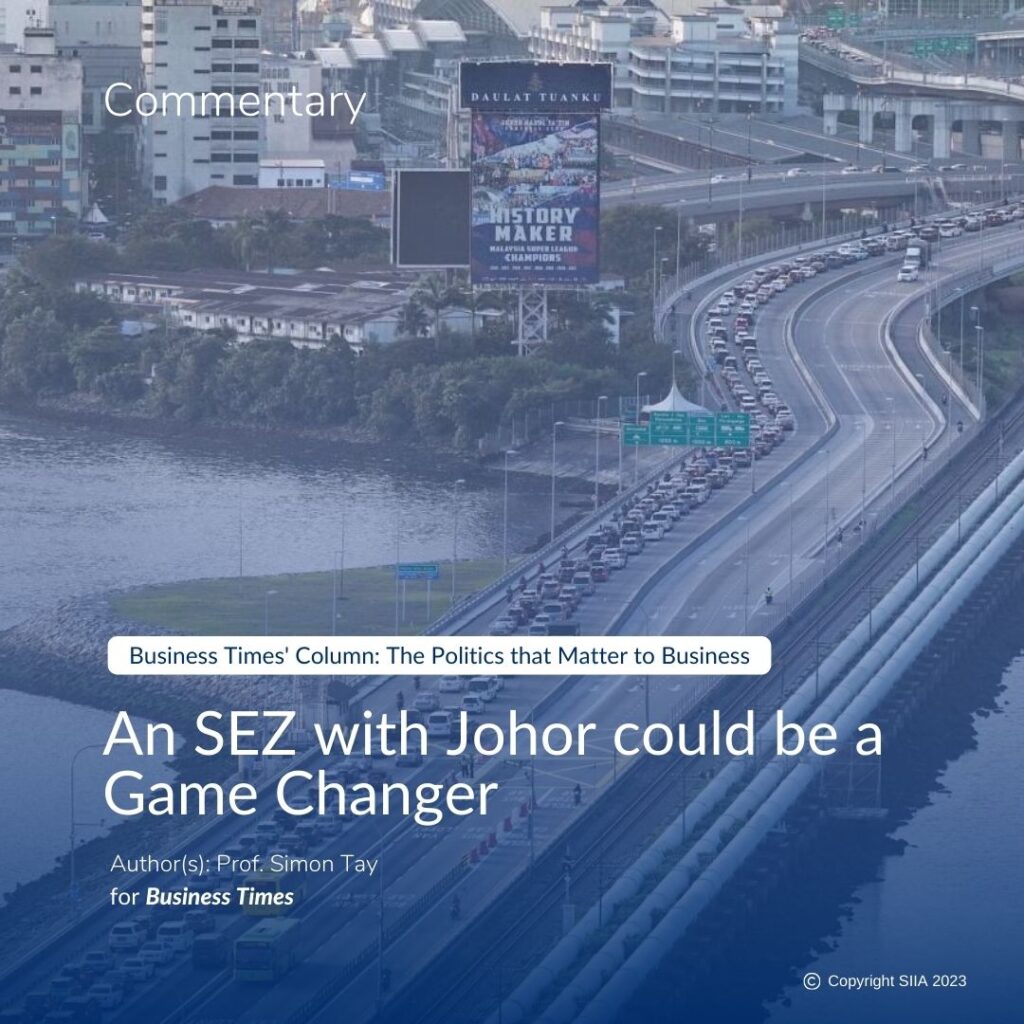By Simon Tay and Jessica Wau
For The Straits Times
Some critics may say that Asean has so far done too little in response to the Covid-19 pandemic. But as cases mount, each country in the regional group is now trying to address the situation. In addition to national efforts, there are urgent needs to address cross-border issues for practical reasons, as well as for group solidarity.
Special virtual summits will be held tomorrow among Asean countries and also with South Korea, Japan and China, to discuss regional cooperation to combat the coronavirus outbreak. This is timely, and there are important issues that merit discussion.
Most Asean countries have tightened border controls, issued lockdown orders or taken social distancing measures. Measures in different countries need not be uniform. What is necessary is that each Asean government recognises the problem and speeds up response within its country.
What can be done as a group is the next question.
TESTING
The first prerequisite must be for testing of the virus. Many Asean countries still report low rates of infection, but this likely results from insufficient testing.
Singapore’s testing rate exceeded 11,110 per million people by April 6, while Malaysia tested some 2,153 people per million around the same time. In larger countries that started late, like the Philippines and Indonesia, the test ratio is starkly lower – around 224 and 52 persons per million respectively.
Wider testing is necessary for appropriate action. Otherwise, governments are left guessing and will lag behind or be misdirected. As testing is rolled out, we expect reported cases to climb steeply. Alarm bells will ring and not without good reason.
For more countries to test more, a major obstacle is the lack of test kits. Donations can help and are ongoing. China has given kits and other medical supplies to some Asean countries and so has Singapore. Such actions show not only solidarity but also practicality. As Singapore’s Foreign Minister Vivian Balakrishnan pointed out, “we are actually one hot zone”. Helping neighbours is a forward-looking step to prevent more waves of imported cases.
However, medical supplies are scarce and donations must be relatively limited. Asean should cooperate to increase medical supplies and one way to do that is to keep supply chains open.
SUPPLY CHAINS AND WIN-WIN
Across Asean, the production of many medical goods depends on cross-border supply chains. In the making of a mask, for example, non-woven filter material may come from one country, before it is secured and finished with nose wires and garters from a second country.
Given current scarcity, the authorities in countries with filter material might restrict exports to try to keep the stock for its own needs. So might those that finish the final product. But such actions disrupt supply chains and negatively impact production. Since manufacturers depend on imported materials, trade restrictions can trigger slower production or stop it altogether. The net effect is lose-lose; neither country gets the masks.
Rather than imposing restrictions, Asean members need to make every effort to ensure the continued flow of medical supplies and other essentials. Win-win approaches should be taken and arrangements for equitable sharing of production should be made. Also, for smaller or developing countries that depend on a wider range of imports, there should be efforts to keep supply chains for food and other essentials flowing.
Another key cross-border issue is the immense flows of people. Almost 40 per cent of Asean travel is among its member countries. Land crossings in mainland Asean are especially high volume and often difficult to police, given long borders, with each other or with China.
As cross-border movements tighten, information about controls must increase and consultation take place with key external partners to avoid misunderstandings. There are many foreign workers in the region and actions to repatriate them will be potentially sensitive. Undocumented workers are vulnerable to mistreatment and deserve protection.
Over the last decade, the region has emerged as a more integrated production base with higher cross-border flows of goods and investment. Asean in its 2025 Vision aims to be a community of “caring societies”. Cross-border interdependencies need to be managed urgently and responsibly.
BROADER AND DEEPER DIALOGUE
Much more can be put on an Asean wish list. Some are practical steps, like sharing know-how to speed up contact tracing efforts. Using technology like the Singaporean app TraceTogether could have great potential in Asean countries with larger populations where citizens have widely adopted mobile telephony.
Other efforts would involve dialogue to share lessons on which policies seem to be working. What seemed too sensitive a month ago must now be discussed candidly, not just within Asean but with key partners such as China, Japan and South Korea.
The latter three experienced the pandemic early and have strengths to share, as well as interdependencies of investment and supply chains to protect. They also have the manufacturing capacity to add to the supply of essential goods.
So-called Asean+3 arrangements – Asean with its dialogue partners China, Japan and South Korea – arose from the Asian financial crisis of 1997-98, with Asean serving as the fulcrum for cooperation. Asean+3 can be mobilised as a response mechanism in the Covid-19 challenge. Working together, the partnership will also provide greater heft in addressing economic impacts and possible financial shocks.
Asean already held its first Covid-19 meeting with China on Feb 20, but this was at an early stage of the problem.
What was an outbreak is now recognised as a global pandemic. Now it is not only Europe and the United States that are startled by the immediacy of the problems. Our Asean neighbours too are moving on the problem, and the work to cooperate on cross-border interdependencies and collective efforts must begin.
• Simon Tay is chairman of the Singapore Institute of International Affairs (SIIA) and associate professor of international law at the National University of Singapore. Jessica Wau is assistant director (Asean) at SIIA.
Source: The Straits Times © Singapore Press Holdings Limited. Reprinted with permission.




